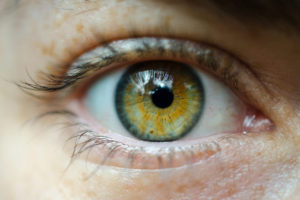Research has shown that children have an innate tendency to share with others early in life. Do children share less as they get older, or do they just share differently?
Recent results published in Frontiers in Psychology point to evidence of increased cognitive complexity as children grow up that can be used to either help or discriminate against others, depending on how those capacities are channeled.
Sharing is one of the most important expressions of prosocial behavior and is linked to emotional well-being. Researchers wanted to know how this behavior varies across childhood and in what circumstances children give more or less.
Research at the Center compared the responses of 46 preschoolers and 52 fifth graders on two social decision-making tests. The first test focused on how a child’s age affects his or her sharing behavior and whether sharing and prosocial behavior could be different based on the child’s perception of the person with whom they were sharing.
Each child was presented with images of four other children – two of whom he or she knew and had identified, one a good friend and the other someone who was known but the child didn’t like to play with. The other two were unfamiliar to the participating children, representing another child who appeared to be ill (a needy other) and another who was a stranger. Children in the study were given 10 stickers and told they could keep as many as they wanted for themselves and give as many as they wanted to kids in these different groups on separate trials.
Researchers found that the preschool-aged children shared more uniformly with all groups - including kids they didn’t like. Older children gave fewer stickers to kids they didn’t like, yet they gave more than half of their stickers to a sick child – even more stickers than they gave to kids that they liked.







